Lab Members
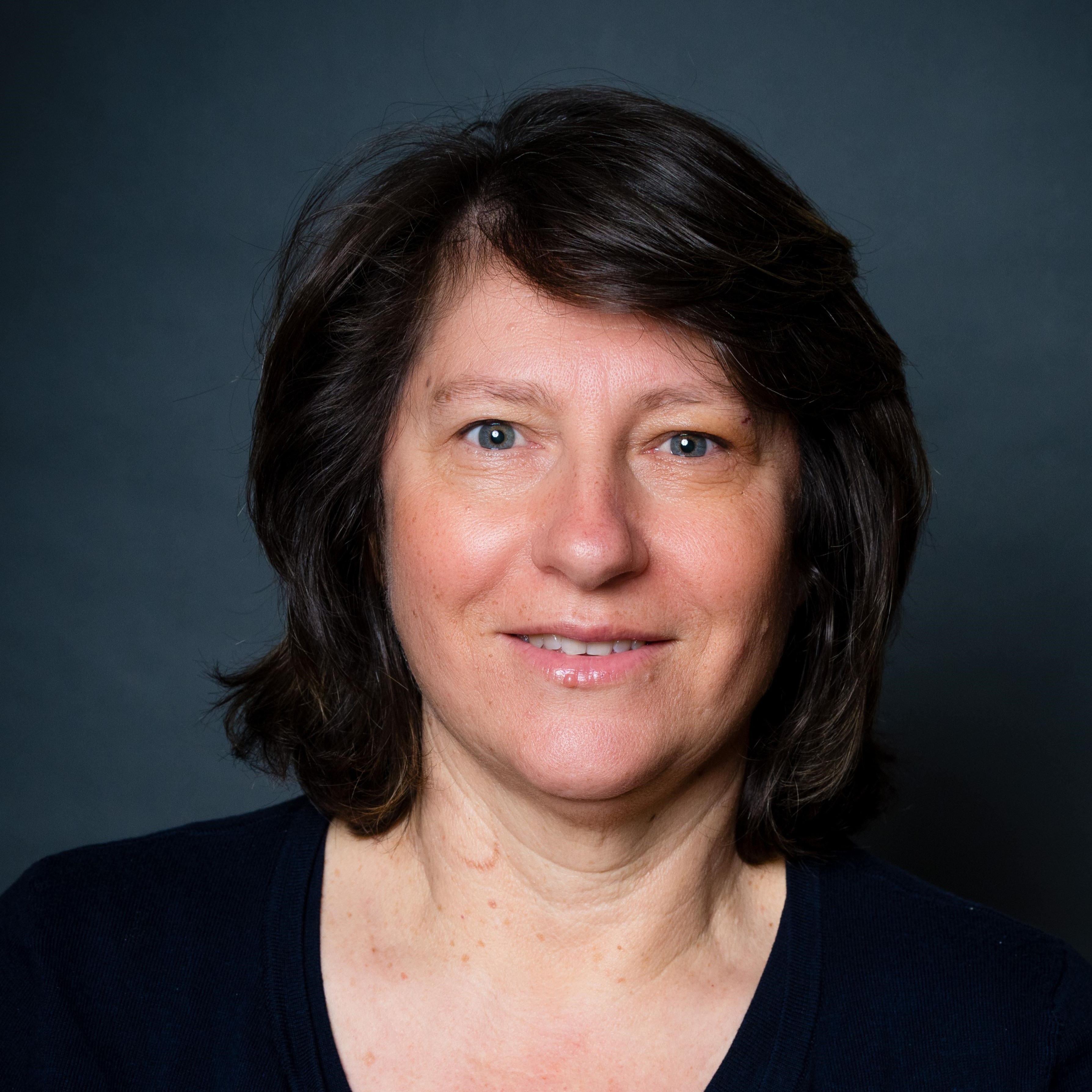
Ruth Etzioni
Professor, Biostatistics Program
Rosalie and Harold Rea Brown Endowed Chair
Curriculum Vitae
Faculty Profile
@retzioni
Ruth Etzioni is a professor in the Division of Public Health Sciences and holder of the Rosalie and Harold Rea Brown Chair at Fred Hutch. She is a biostatistician and cancer surveillance scientist. Her mission is to turn data from cancer studies into evidence that can be used as a basis for sound decision making about how best to prevent, screen for, and treat disease. She has led the prostate cancer modeling group of the Cancer Intervention and Surveillance Modeling Network since its inception and is a member of the prostate screening guidelines panels of the National Comprehensive Cancer Network, the American Urology Association and the American Cancer Society. She is heavily invested in teaching and mentoring, co-authored the Springer Nature textbook, Statistics for Health Data Science: An Organic Approach, and co-leads the Seattle STAT GROWS (Generating Research Opportunities Within Statistics) summer research internship program for undergraduate students. She is a recipient of an NCI Outstanding Investigator Award to study novel cancer diagnostics including multi-cancer detection tests, new imaging tests, and AI-based risk prediction models.
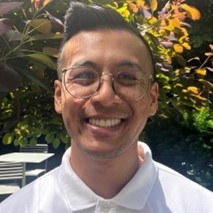
Kevin Tatunay
Biostatistics Program
Kevin Tatunay is a Project Coordinator in the Etzioni Lab. He has a background in Public Health: Global Health with his Bachelor of Science from the University of Washington. After his undergrad, he gained face-to-face patient experience working as a COVID Patient Testing Assistant and developed his management skills as a COVID Patient Testing Assistant Lead. Kevin then took on the role of Research Coordinator, recruiting patients for Dr. Marianne Dubard-Gault’s studies. He now provides admin support for Dr. Ruth Etzioni, helping her manage the projects of her various grants.
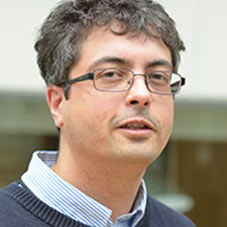
Roman Gulati
Biostatistics Program
GitHub
Google Scholar
Mr. Gulati is a designer, developer, and analyst of statistical models to investigate population impacts of national clinical practice patterns and cancer control policies. Since joining Dr. Etzioni’s group, he has developed and extended a model of prostate cancer natural history, a mathematical simulation model of disease onset, progression, detection, treatment, and survival. Using this model, he has led independent and collaborative modeling studies as part of the CISNET prostate cancer working group. Mr. Gulati also provides key statistical support for research studies in the Pacific Northwest Prostate SPORE and in the center's Public Health Sciences, Basic Sciences, and Clinical Research divisions. He designs randomized trials, analyzes molecular and clinical datasets, and helps to develop original methods for reliable inference.
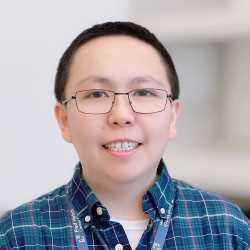
Lucas J. Liu, PhD
Dr. Liu Liu received his PhD in Computer Science from University of Kentucky. His research focuses on developing unbiased, interpretable, and robust artificial intelligence (AI) models for healthcare, aiming to provide precise and equitable predictions for patient outcomes. Dr. Liu joined Dr. Etzioni's lab in July 2023, and his current work centers on creating AI models to enhance cancer diagnosis, prognosis, and personalized treatment strategies.His current projects include developing deep learning, machine learning, and statistical methods to identify biomarkers from pathology images for cancer detection and molecular alteration prediction. Additionally, he focuses on predicting patient survival and treatment responses from radiology images and identifying recurrence and metastatic cases from radiology reports.
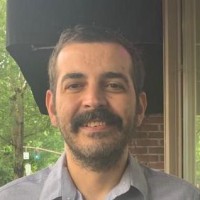
Kemal Caglar Gogebakan
Kemal Gogebakan has been a research associate at the Fred Hutch Etzioni Lab since June 2023. He earned his PhD in Economics from Turkey. His research expertise encompasses modeling the benefits and harms of cancer screening both in trial environments and population-wide settings, along with comparative effectiveness modeling. Within the realm of screening, he has developed models to evaluate the mortality impact of novel therapies for lung and melanoma cancers. Currently, he is also focused on analyzing the implications of implementing novel multi-cancer early detection tests in population settings. In the area of comparative effectiveness, Kemal's work involves constructing models for long-term outcomes of innovative diagnostics and treatment decisions tailored towards precision oncology.
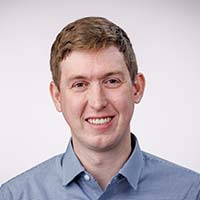
Lukas Owens
Lukas Owens is a statistical programmer and analyst in the Etzioni Lab. He received his BA in mathematics from Whitman College and trained in actuarial science following his undergraduate studies. In Dr. Etzioni’s lab, he collaborates with the other members of the group to develop statistical models of cancer screening and treatment, particularly for prostate cancer. His research interests include methods in survival analysis and multi-state modeling, and their applications to the study of cancer.
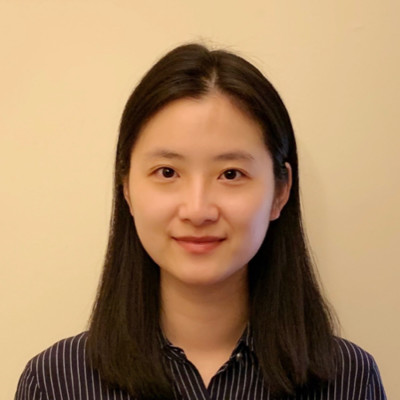
Yibai Zhao
Dr. Zhao received her PhD in Biostatistics from University of Massachusetts – Amherst, developing mixture models for analysis of heterogenous survival data subject to interval-censoring. Her work in Dr.Etzioni’s lab focus on modeling the nature history of prostate cancer progression and recurrence in an active surveillance study. She also works collaboratively with other statistician and clinicians for research studies in the Pacific Northwest Prostate Cancer SPORE program.
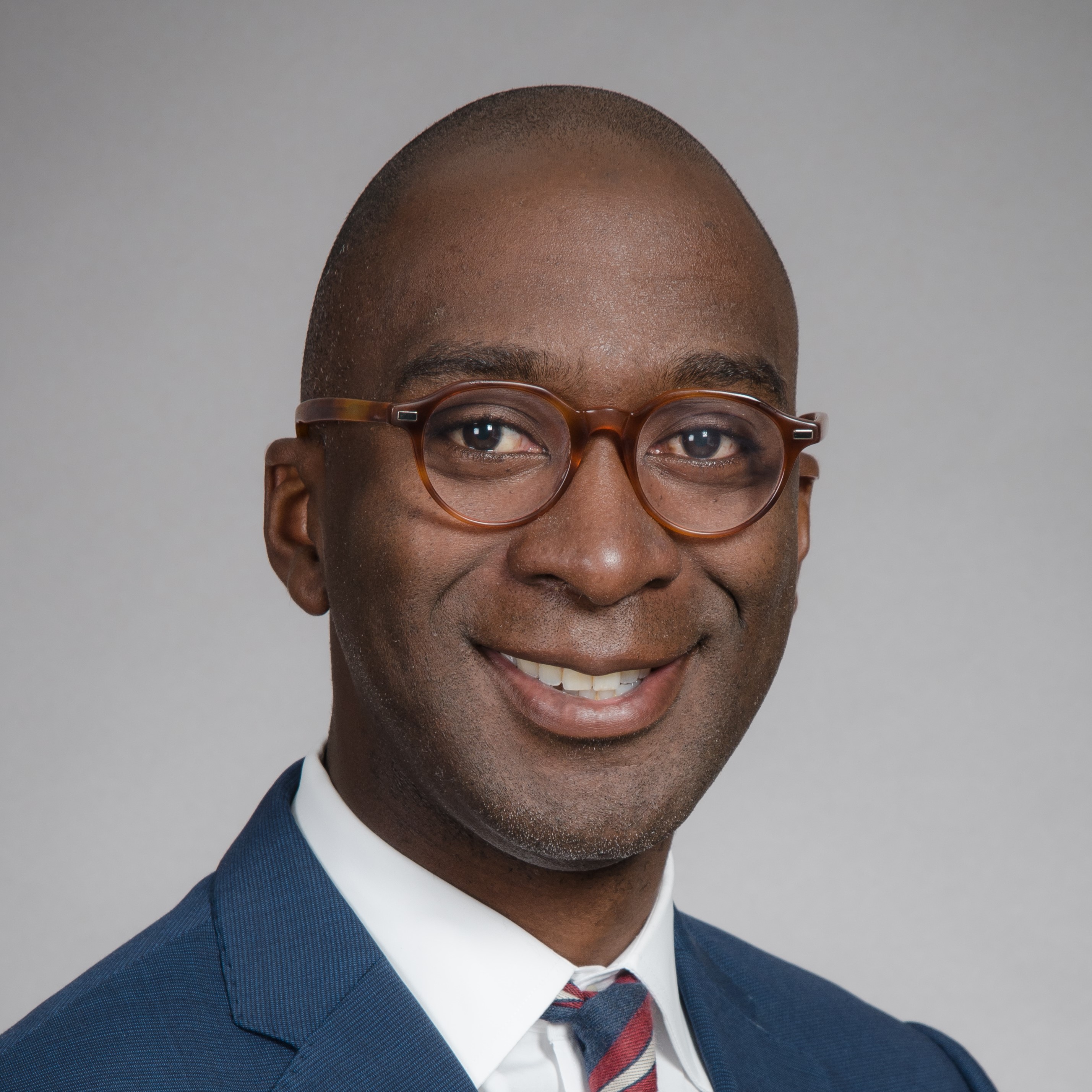
Yaw Nyame, MD
University of Washington
Department of Urology
Profile
Dr. Nyame attended medical school at the Feinberg School of Medicine at Northwestern University and business school at the Kellogg School of Management at Northwestern University, graduating in 2012. Prior to medical school, he completed a master’s in health services and administration at the school of public health at the George Washington University. Dr. Nyame completed his general surgery internship and urology residency training at the Glickman Urological and Kidney Institute at the Cleveland Clinic. He came to the northwest to complete a Society of Urologic Oncology accredited fellowship at the University of Washington and joined the faculty upon the completion of his training.
Dr. Nyame has a research interest in healthcare disparities in urologic cancers, with a focus in both the molecular epigenomic and health services aspects of health inequities in prostate cancer and other urologic malignancies.
Collaborators
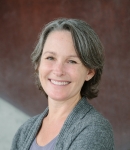
Carolyn Rutter
Pardee RAND Graduate School
Profile
Carolyn Rutter (she/her) is a senior statistician at the RAND Corporation and a professor at Pardee RAND Graduate School. Her research interests include microsimulation modeling, developing and applying Bayesian models, evaluation of diagnostic and screening tests, and meta-analysis and systematic reviews. Rutter is a principal investigator (PI) for a Cancer Intervention and Surveillance Modeling Network (CISNET) team and led the development of the CRC-SPIN microsimulation model for colorectal cancer. She developed a likelihood-free method for model calibration, implemented using the R package "imabc". This method is especially useful for complex models that are calibrated to multiple targets. She also has an interest in understanding and addressing health care inequities and disparities, and assessing health care quality and provider performance. Rutter is a fellow of the American Statistical Association with more than 150 articles published in peer-reviewed journals, including Annals of Internal Medicine, Annals of Applied Statistics, Biostatistics, Journal of the American Statistical Society, Journal of the National Cancer Institute, Medical Decision Making, Medical Care, and Statistics in Medicine. Rutter is an associate editor for Statistics in Medicine and serves on the editorial board for Medical Decision Making and Statistics in Medicine. Rutter received her Ph.D. in biostatistics from UCLA and completed post-doctoral training in Department of Health Care Policy at Harvard Medical School.
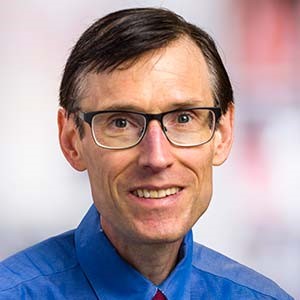
Bill Grady
Fred Hutchinson Cancer Center
Profile
Grady Lab
Dr. William “Bill” Grady identifies new ways to prevent, detect and treat colon cancer and other gastrointestinal, or GI, cancers. His research centers on molecular markers of disease, called biomarkers, that are easily accessible in blood or stool samples. A molecular biologist, Dr. Grady identifies biomarkers that eventually could be used in widely available tests to detect cancer early, when it is most treatable, or even identify healthy tissues at high risk of becoming cancerous. With such methods, doctors could tailor cancer prevention tests and therapies to those who need them the most. Dr. Grady is a leader of national research groups in his field. He is also a gastroenterologist who cares for patients with GI cancers and precancers and people with genetic conditions that increase their risk of developing GI cancers.
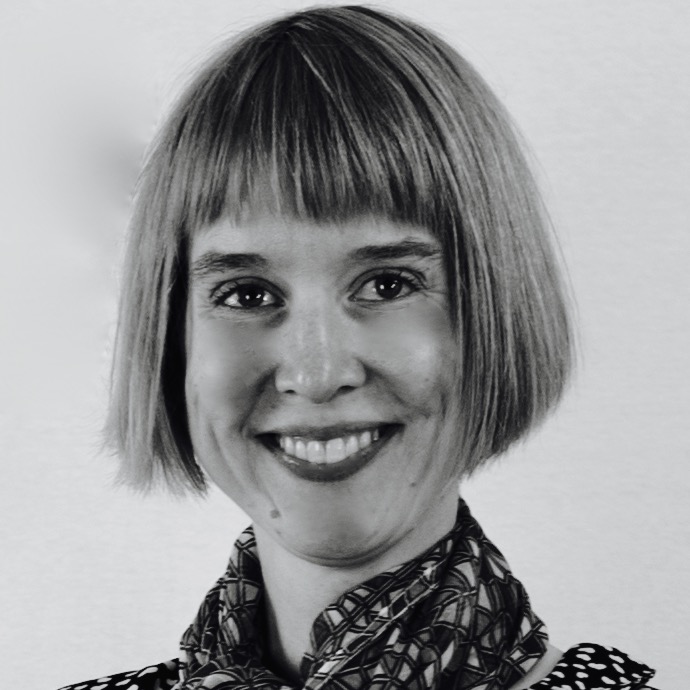
Jane Lange
Dr. Lange's obtained her PhD from the University of Washington Biostatistics Department in 2014. Her interests focus on stochastic modeling of within-host disease processes and statistical methods for exploiting the information in medical records data. Her work in the Etzioni lab has focused on modeling the natural history of prostate cancer progression and recurrence using observational data. These natural history models allow for answering relevant policy questions using simulation methodology.
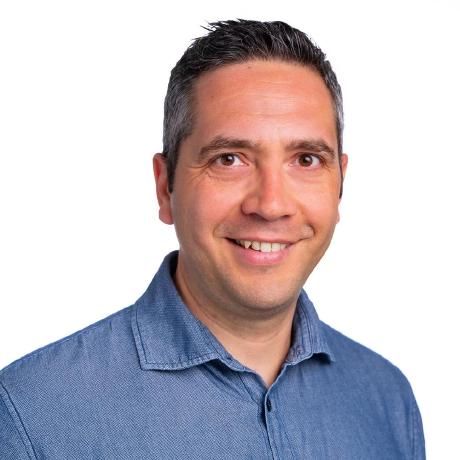
Dimitris Rizopoulos
Erasmus University Medical Center
Profile
Twitter
Github
Google Scholar
My research focuses on joint models for longitudinal and time-to-event data with applications in biomarker identification, precision medicine, precision screening and active surveillance. I currently serve as a co-Editor for Biostatistics.

Eveline Heijnsdijk
Erasmus MC
Department of Public Health
Eveline Heijnsdijk has been working for 13 years at the Department of Public Health, especially on evaluating the harms and benefits of breast cancer screening, prostate cancer screening and childhood vision and hearing screening. She has extensive experience in modelling the natural history of breast cancer and prostate cancer and the effects of screening on the life histories. She is a member of the Cancer Intervention and Screening Network (CISNET) group.
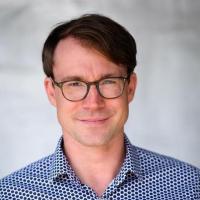
Marc Ryser
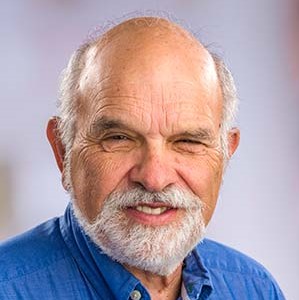
Noel Weiss
Fred Hutchinson Cancer Center and
University of Washington
Profile
Noel S. Weiss, MD, DrPH, has been a faculty member at the University of Washington (currently an Emeritus Professor) and at the Fred Hutchinson Cancer Center since 1973. At the University, he served as the Chair of the Department of Epidemiology from 1984-93. At the Cancer Center, he has investigated the epidemiology of gynecologic and other forms of cancer, as well as the efficacy of a number of forms of cancer screening. Dr. Weiss has worked extensively in the areas of clinical epidemiology and epidemiologic methods. He is the author of Clinical Epidemiology: The Study of the Outcome of Illness (Third Edition), Exercises in Epidemiology (Second Edition), and (with Thomas Koepsell) Epidemiologic Methods (Second Edition), as well as over 700 articles in the peer-reviewed medical literature.
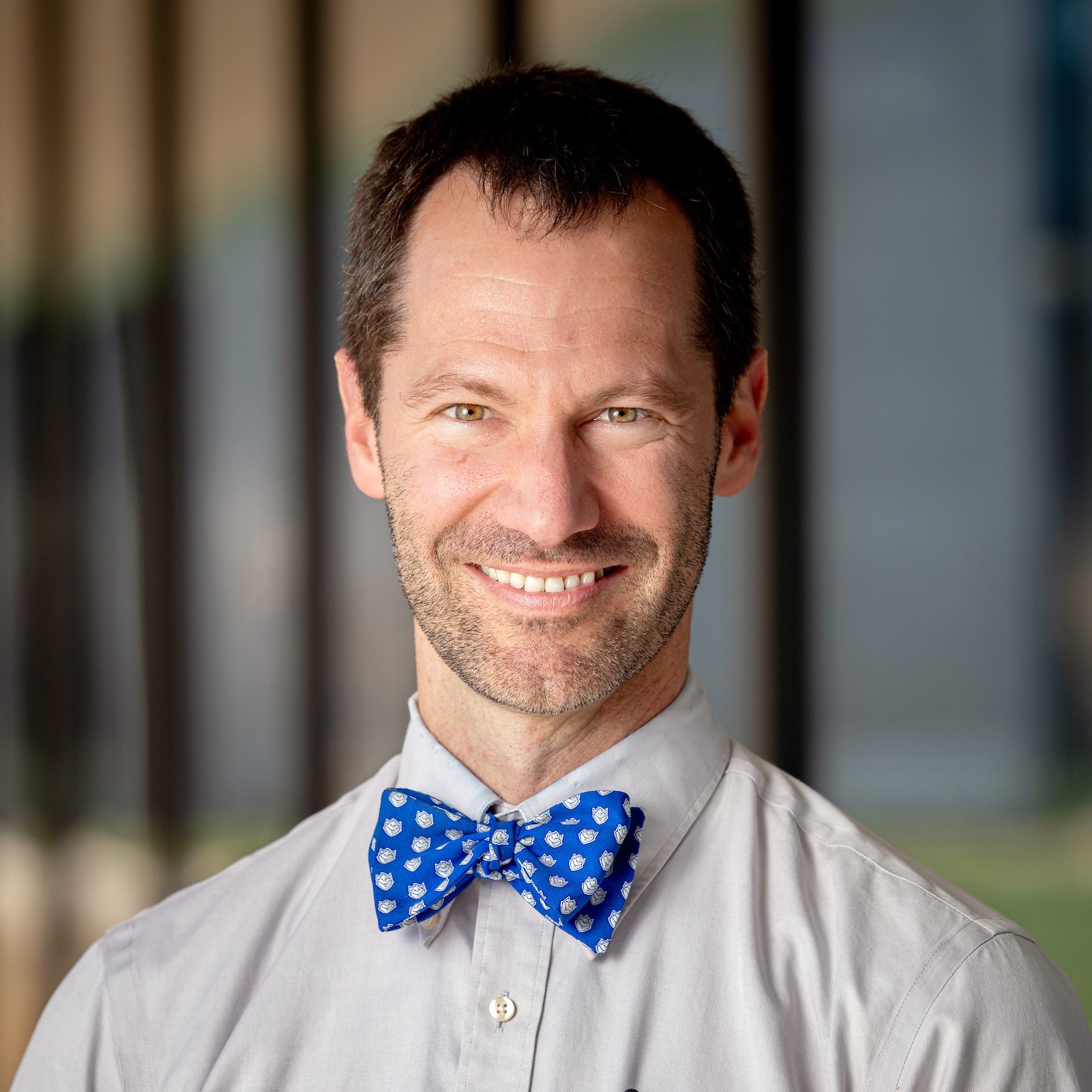
Martin Schoen
Saint Louis VA Medical Center
Pubmed
Google Scholar
Linkedin
Dr. Martin Schoen is a hematologist/oncologist at St. Louis Veterans Affairs Medical Center and Assistant Professor of Medicine at Saint Louis University. He conducts research into health outcomes in cancer treatments using national VA data to the focus on comparative effectiveness of treatments and personalized medicine based on patient comorbidities. His current focus is understanding the survival, treatment duration, and adverse events in the treatment of metastatic prostate cancer. The goal of his work is to provide an accurate and individualized prognosis for every patient based on patient characteristics, tumor genomics, and response to therapy. He also collaborates on research related to bleeding and thrombosis in cancer and liver disease as well as modeling outcomes with in multiple myeloma.
Dr. Schoen has been active in research focused on treatment of COVID-19 and currently is a co-investigator in trials of novel therapies and approach to treatment in metastatic prostate cancer.
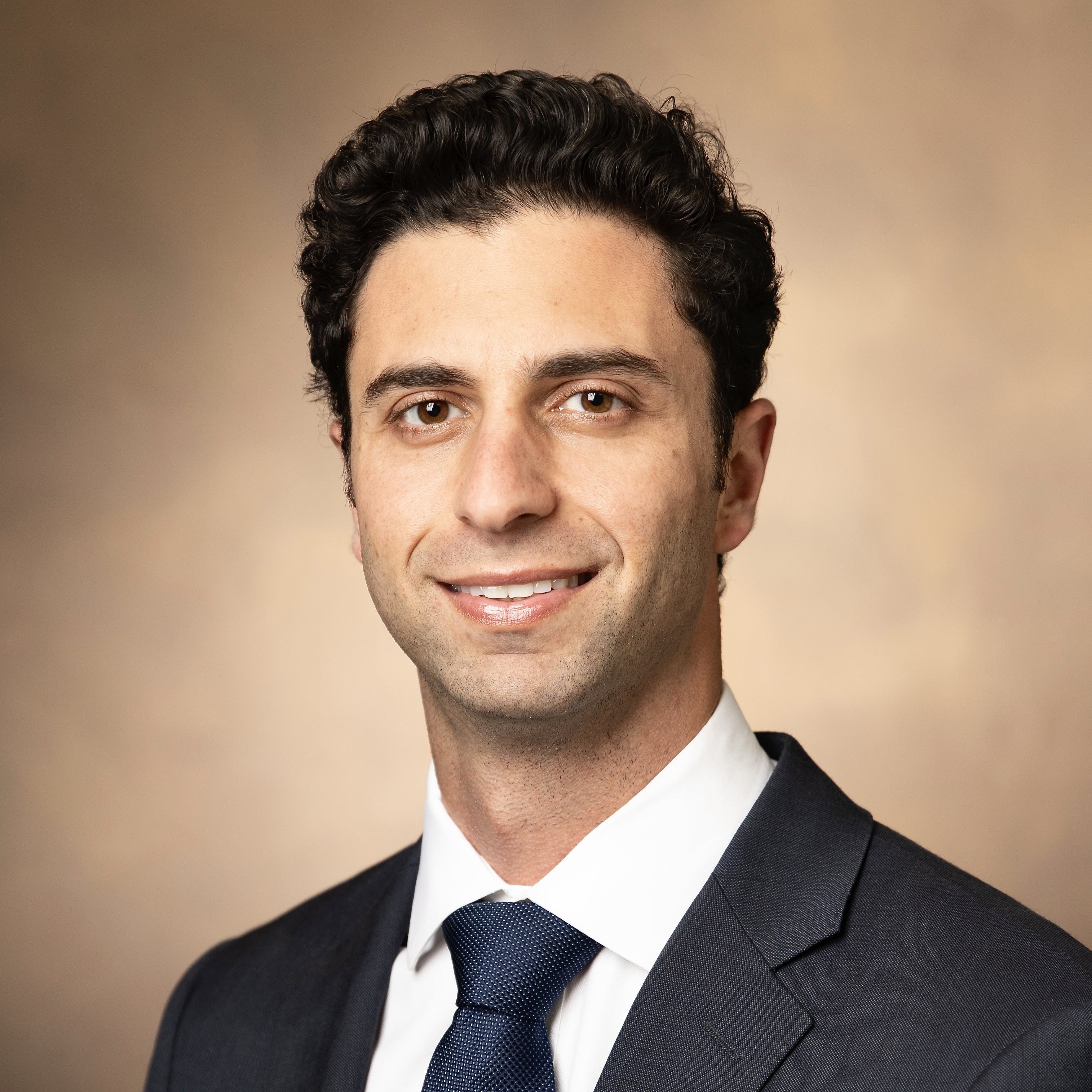
Postdocs
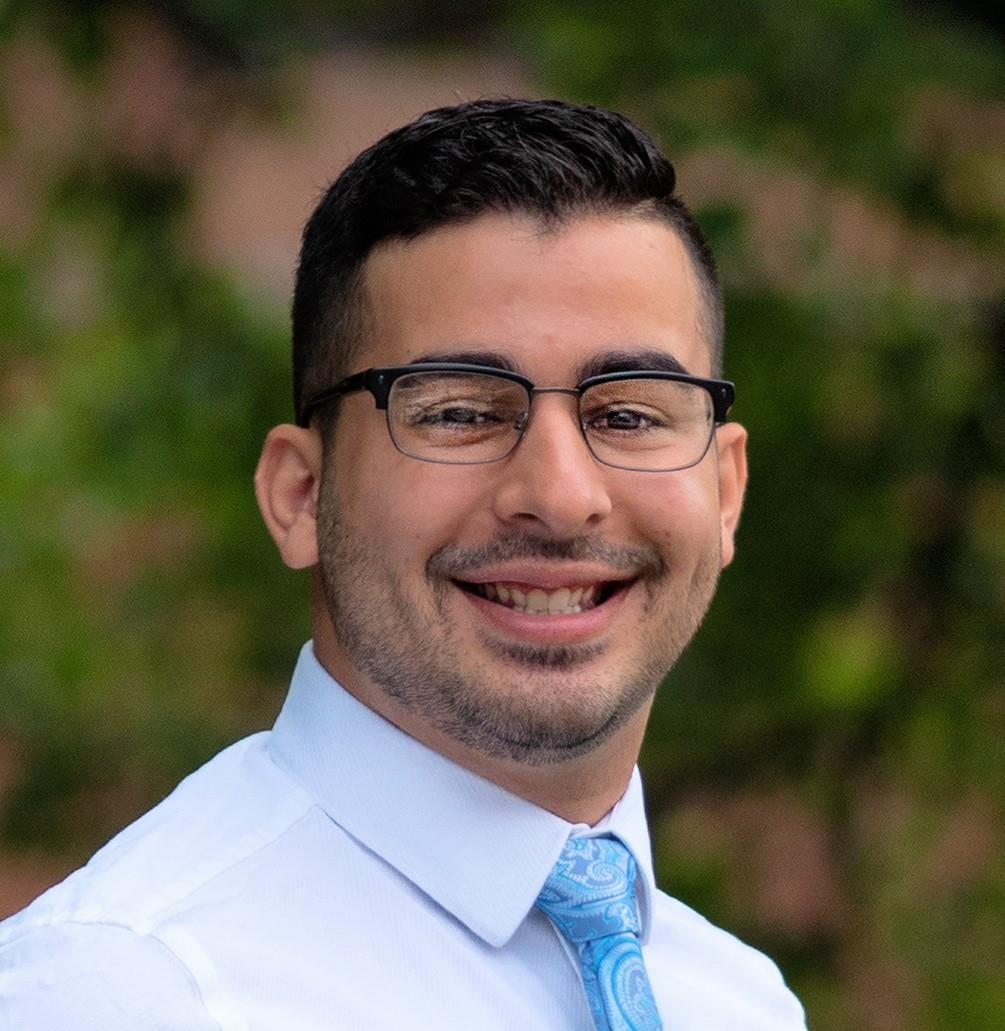
Stephen Salerno
Stephen Salerno is a postdoctoral researcher in Biostatistics at the Fred Hutchinson Cancer Center, working with Professor Jeff Leek on methods for drawing inference on AI/ML-generated outcomes and high-dimensional survival analysis. He is also interested in methods for addressing selection bias in biomedical data. Steve received his PhD from the University of Michigan, where he also received his master’s. His thesis, Novel Approaches for Semi-Competing Risk Prediction, was advised by Professor Yi Li and developed deep learning methods for correlated survival endpoints, motivated by the Boston Lung Cancer Study. He recently published a review article on high-dimensional survival analysis in the Annual Review of Statistics and Its Application. Steve also works on statistical methods for clinical quality measure development, health policy, and public health. He was previously affiliated with the Kidney Epidemiology and Cost Center (KECC), where he worked on quality measure aggregation and public reporting, with relevant research in multivariate data analysis and survival analysis and methods related to the Dialysis Facility Care Compare (DFCC) Clinical Quality of Care Star Ratings and the DFCC standardized mortality ratio measure for dialysis patient survival. Prior to joining the KECC, he earned his bachelor’s at Cornell University, where he worked on a project identifying novel urinary biomarkers of pulmonary tuberculosis in the presence of biological artifacts (i.e., ‘batch effects’) at Weill Cornell Medical College. Steve is also passionate about data science education and pursuing data for good initiatives such as Statistics in the Community (STATCOM).
Students
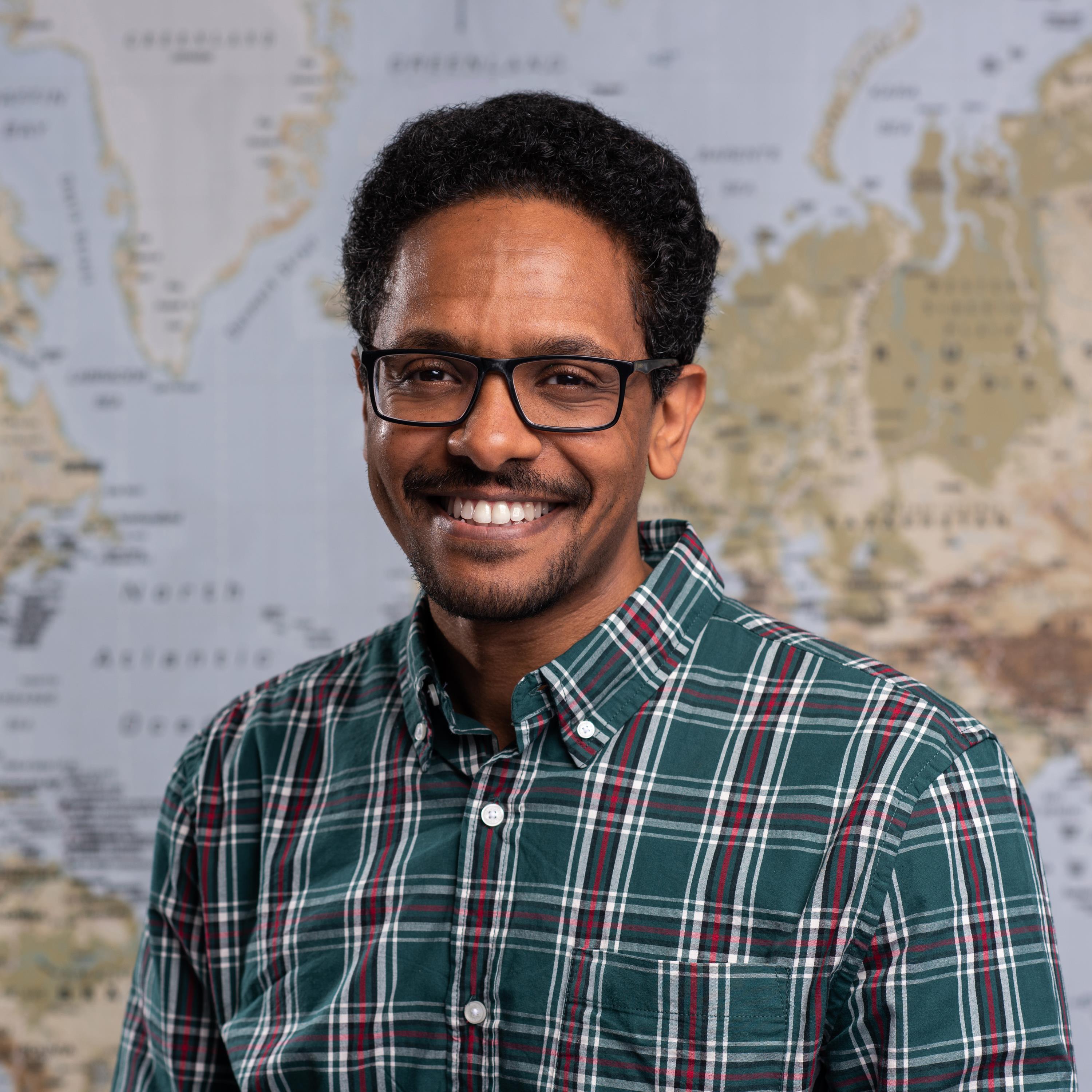
Mohamed Albirair
PhD Student in Implementation Science
Department of Global Health
University of Washington
LinkedIn
Dr. Mohamed Albirair is a physician from Sudan and a doctoral candidate at the Implementation Science program at the Department of Global Health (DGH), University of Washington (UW). Dr. Albirair has over 10 years of both clinical and public health experience. He has worked on evaluating the Universal Health Coverage in Sudan with the Public Health Institute-Sudanese Ministry of Health, served as a monitoring and evaluation officer with the Global Fund to Fight AIDS, TB, and Malaria in Sudan. He has a strong interest in programming quantitative analysis and conducting economic and impact evaluations. In his dissertation, Dr. Albirair explores applications of mathematical modeling in informing different cancer-control strategies, including building a decision-support tool. His mission is to promote the culture of data utilization to enhance decision making processes around cancer and health in general.
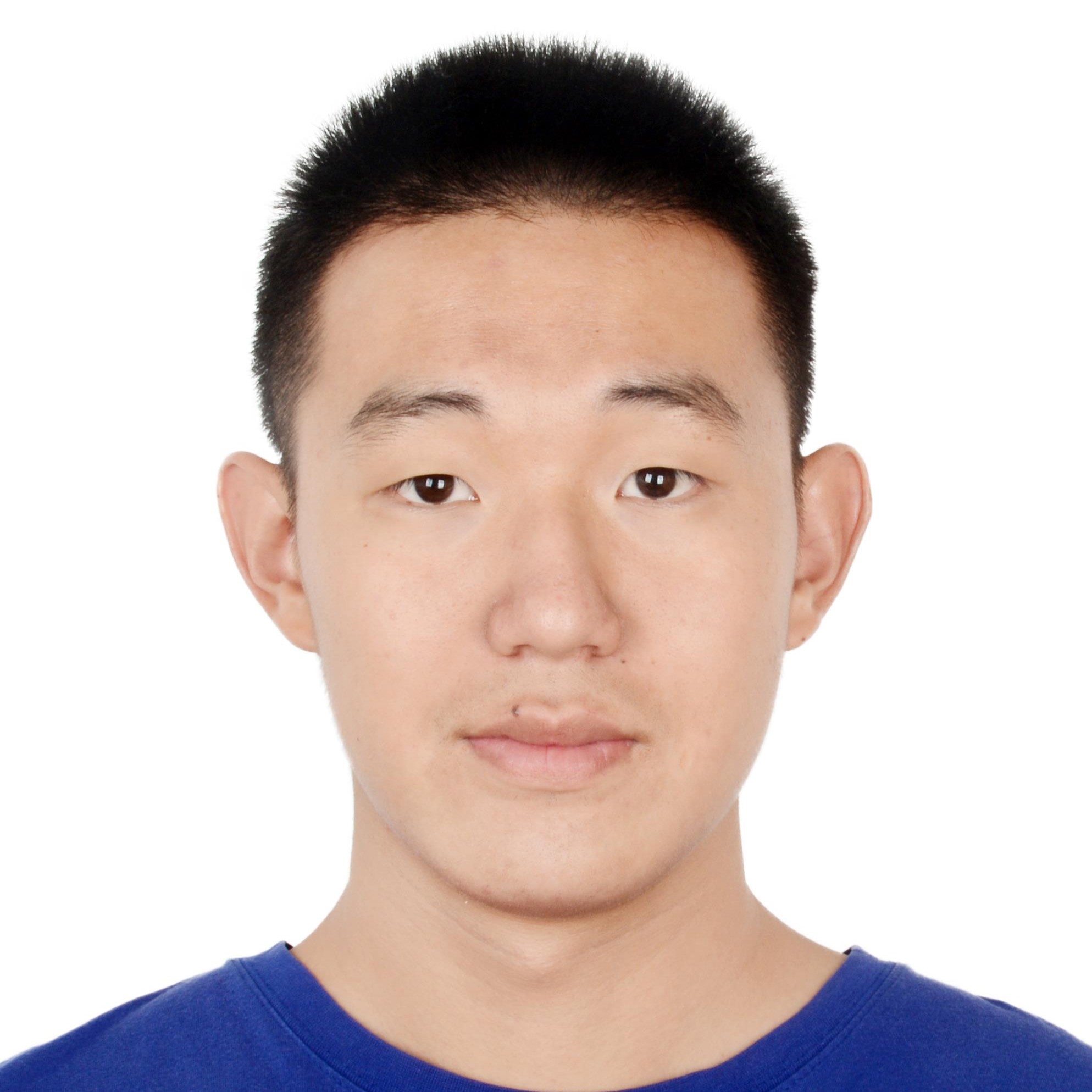
Sihang Zeng
Sihang Zeng is a PhD student in Biomedical and Health Informatics at the University of Washington. His research interests include longitudinal EHR modeling, prostate cancer, deep learning, and treatment recommendation.
Etzioni Lab Alumni
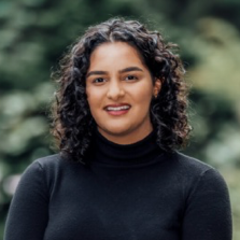
Deeana Nasrulai
Deeana Nasrulai is an undergraduate student at the University of Washington working towards a BS in Biochemistry and a minor in Data Science. She is a part of Fred Hutch’s 2024 SeattleStatGrow cohort. In Dr. Etizoni’s lab she is looking at the sensitivity of cancer screening in ovarian cancer cases.
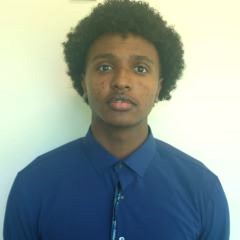
Bruk Tefera
Born and raised in Seattle, Bruk Tefera is a current sophomore at the University of Southern California studying Computational Biology with an interest in pursuing a Masters in Biostatistics. He is currently working under Dr. Etzioni in examining racial and socio-economic disparities in prostate cancer treatment, accessibility, and outcome.
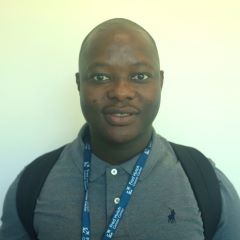
Tshepo Maja
Mr. Tshepo Frans Maja is a postgraduate student from the University of Limpopo, South Africa, pursuing biostatistics and multistate modelling from collaborating with the Fred Hutch Cancer Center to advance cancer research methodologies.
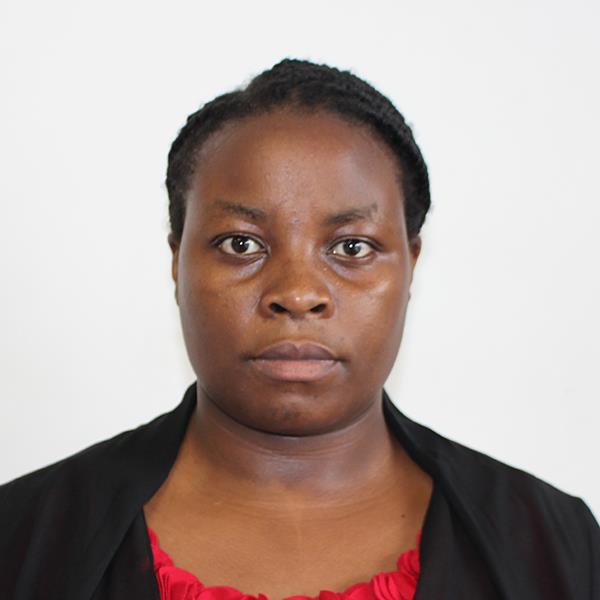
Sarah Ogutu
Sarah Ogutu is a third-year PhD student in Statistics at the University of KwaZulu-Natal, South Africa. She holds an MSc in Statistics from the same institution and a bachelor’s in actuarial science from Jomo Kenyatta University, Kenya. Sarah is deeply passionate about health data. She has a strong background in tutoring and lecturing statistics courses at various institutions, including her current university. Beyond her academic pursuits, she enjoys sporting activities, nature walks, and participating in mentorship and charity initiatives within her community. She is driven by the desire to inspire young minds and help them excel academically. At Fred Hutch Cancer Center, Sarah’s primary objectives include enriching her research ideas on the current papers she is preparing and learning about vaccines for infectious diseases. She is keen on further developing her research skills, particularly in the context of health-related datasets. By integrating advanced statistical methods and machine learning approaches, she aims to enhance the quality and impact of her research.